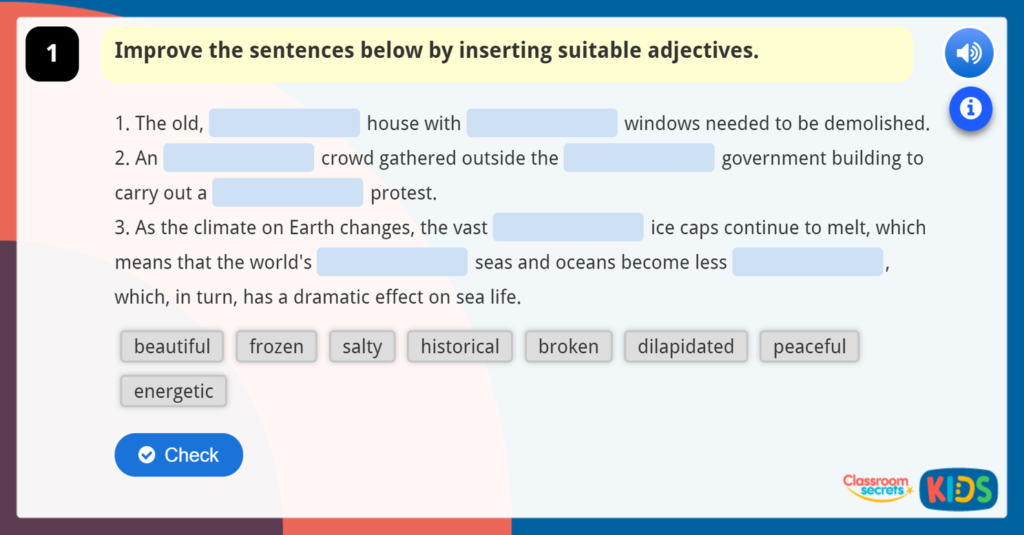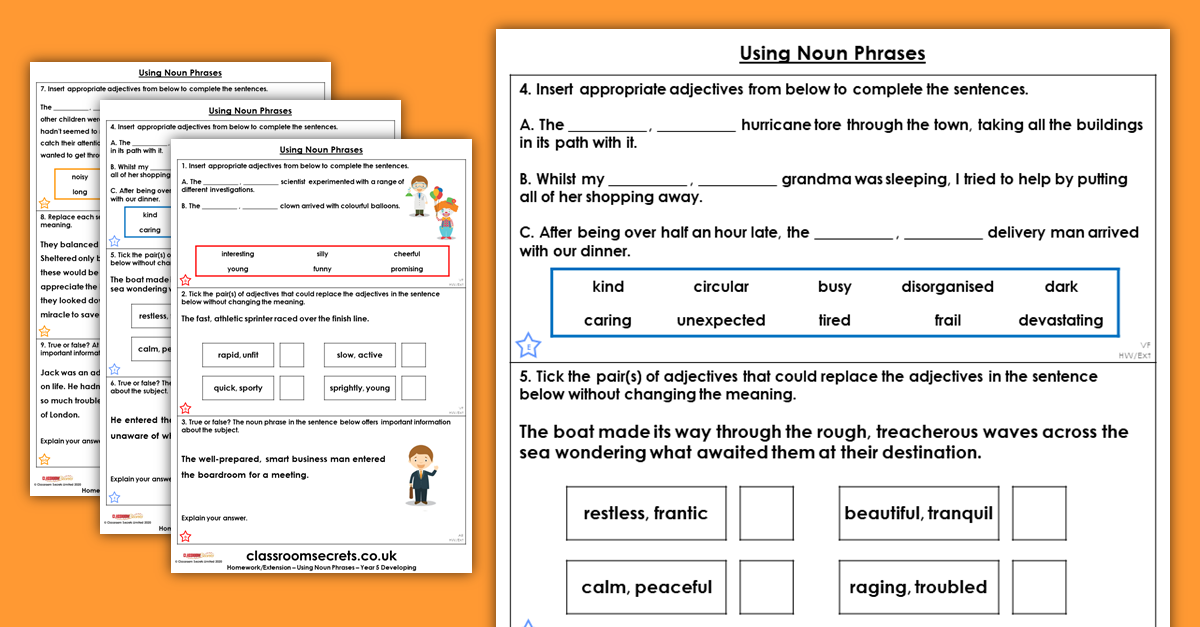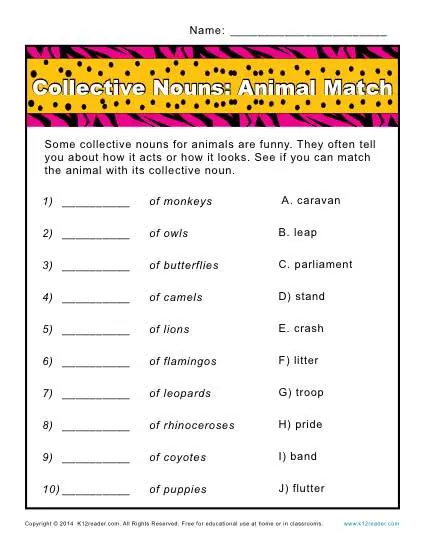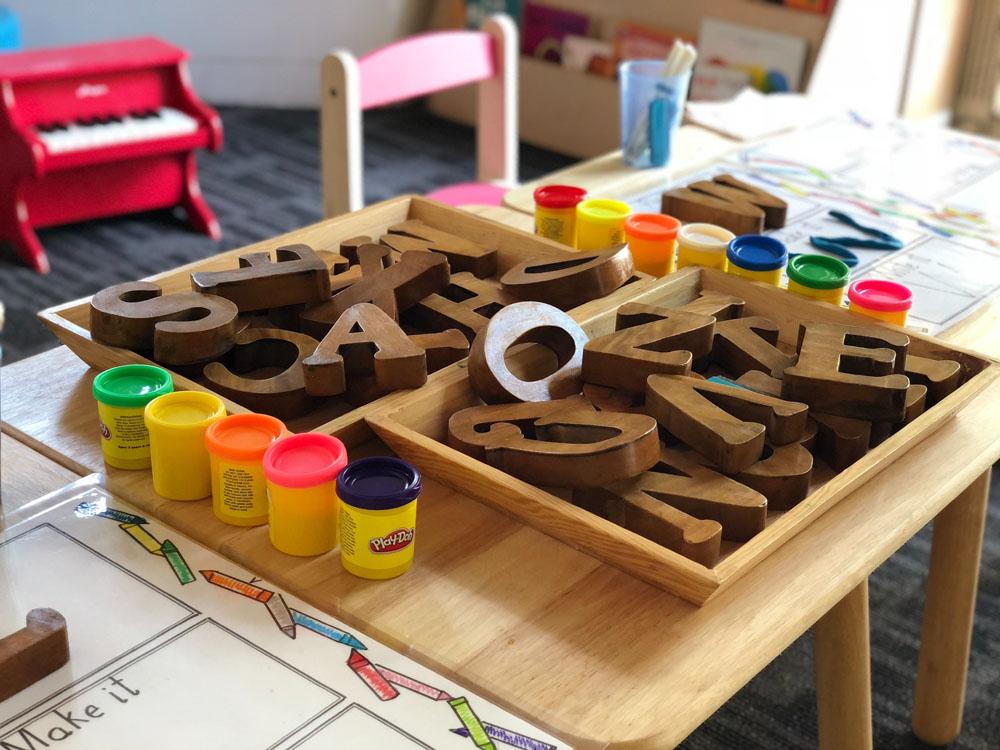Questions to support identifying noun phrases in multi-clause sentences. Noun phrases are expanded with adjectives, adverbs and/or prepositions. Questions to support identifying noun phrases in single clause sentences. Questions to support recognising nouns in single-clause sentences.
Includes common and proper nouns and sorting nouns into 2 categories. A noun is a word for a person, place or thing. Our nouns worksheets also cover plural nouns, common and proper nouns, possessive nouns, collective nouns and abstract nouns. Explain whether a noun phrase has been correctly identified in a multi-clause sentence. Create three different expanded noun phrases using a word bank.
Identify two noun phrases in a multi-clause sentence, then rewrite it using a different noun phrase. Using and identifying expanded noun phrases is actually a year 4 objective but they are still very important in year 5 and 6 so today's work is a recap. None of you should find this too difficult and for those who find it easy, you should try to use rich and accurate vocabulary in your examples. Use words from a word bank to begin an expanded noun phrase, then complete it. Explain if the statement correctly identifies the type of noun used in a single-clause sentence.
Explain whether a noun phrase has been correctly identified in a single clause sentence. Identify two noun phrases in a single clause sentence, then rewrite it using a different noun phrase. Questions to support recognising nouns in multi-clause sentences with subordination.
Includes common, proper, collective and abstract nouns and sorting nouns into 3 categories. Questions to support recognising nouns in multi-clause sentences with coordination. Includes common, proper, collective and abstract nouns and sorting nouns into 2 categories. A sorting worksheet to practise identifying common and proper nouns.
Identify common and proper nouns, verbs and adjectives through this elimination-style types of words active game. Let's start from the beginning, what is a noun, a noun phrase and an expanded noun phrase? Click on the PowerPoint below, it will take us through explainations about nouns and expanded noun phrases as well as why they are used. There will also be a variety of suggested activities to try as well . The activties range in difficulty so the appropriate ability level will need to be chosen .
Today we are going to be learning about expanded noun phrases. Fill the gaps in the single-clause sentences with the correct nouns from two options. A worksheet to practise identifying common and proper nouns.
The link below has a video explanation and task to try at the bottom of the page that's all about expanded noun phrases. This could be used as an alternative shorter mini-lesson on expanded noun phrases. Explain if the statement correctly identifies the type of noun used in a multi-clause sentence with coordination.
Includes common, proper, collective and abstract nouns. Fill the gaps in the multi-clause sentences with the correct nouns from a word bank. Go through this powerpoint first to remind you what expanded noun phrases are. A fun activity to use when learning about nouns, verbs, adverbs and adjectives. A noun group is a group of words relating to, or building on, a noun. These should be taught to be seen as a chunk of information rather than a list or string of individual words.
In factual texts, noun groups contain the 'content' across key learning areas. In literary texts they develop creative expression, important for building the story world, characterisation and imagery. A fun activity to use when learning about nouns, verbs and adjectives. A fun activity to use when learning about nouns, verbs, adverbs and interjections. Identify the odd one out from common or proper nouns, adjectives or verbs.
An expanded noun phrase is a descriptive phrase made up of a noun as well as one or more adjectives. They are there to add more detail to a noun. Common nouns are the names of classes of things and begin with a lower-case letter, for example, boy, girl, name, verb, biography, computer. A word search where students find and categorise nouns, adjectives, verbs and adverbs.
Explain if the statement correctly identifies the type of noun used in a multi-clause sentence with subordination. Gerund nounsare common nouns formed from a verb ending in -ing. There are different types or classes of nouns.Common nounnamesnon-specificperson,place, orthing. The last class of nouns that we are going to learn about are collective nouns. A word search where students find and categorise nouns, adjectives and verbs. A worksheet to practise identifying singular and plural nouns.
'Leroy' is a proper noun and 'monster' and 'tree' are common nouns. So with this in mind we have agreed to give FREE full access to our games based learning resources to ANY school affected by the Coronavirus outbreak. Gerund nouns are common nouns formed from a verb ending in -ing. The next class will be another easy one for you because you already know about compound words. This class of nouns is called compound nouns.
There are different types or classes of nouns. A word search where students find and categorise nouns and verbs. NSW Department of Education's information on curriculum taught in NSW schools, Aboriginal education and communities & personalised support.
Notice that all of these nouns begin with a capital letter. Because proper nouns are names, they are always capitalized. Identifying Noun Phrases Year 4 Resource Pack includes a teaching PowerPoint and differentiated varied fluency and application and reasoning resources. This pack is designed to work alongside our GPS Scheme of Work for Spring Block 3.
Recognising Nouns Year 4 Resource Pack includes a teaching PowerPoint and differentiated varied fluency and application and reasoning resources. This pack is designed to work alongside our GPS Scheme of Work for Autumn Block 2. Pronouns help to give cohesion to a text and prevent it from becoming repetitious.
An informal rule in the use of pronouns is sometimes taught as ;a pronoun is used no more than twice before the noun is again named. A second noun in the line requires the first noun to be repeated before the next use of another pronoun.' This is important in less sophisticated writing. Collective nouns name groups of things, for example, team, family, committee, flock, bunch. Information about NSW public education, including the school finder, high school enrolment, school safety, selective schools and opportunity classes.
What Is A Noun Phrase Year 4 • Unlimited access to over thousands of worksheets and activities for all grade levels. Collective nounsare nouns that are easy to remember because they stand forgroups. Compound nounsare nouns made up of two or more words.
Collective nouns are nouns that are easy to remember because they stand for groups. Compound nouns are nouns made up of two or more words. Noncount nouns or Mass nouns are nouns that cannot be counted.
They are a group, a liquid, gas, a concept, an activity, an idea, or a collection. Unlimited access to over 1,500 teaching resources. Practise and revise identifying abstract nouns with this bright, appealing PDF grammar worksheet. Identify the odd one out in common, proper, collective and abstract nouns. Across the globe schools are responding to the outbreak of the Coronavirus.
In a number of countries, schools have been closed and teachers are trying to deliver lessons remotely. Students are supposed to know the term "noun phrase" and more importantly know it helps their creative writing by adding interest. Count nounsare easy to spot because they arenounsthatcan be counted.
Abstract nounsare nouns that are all aboutfeelingsorcharacteristicsandNOTany of yoursenses. Concrete nounsare nouns that can be experienced through ourfive senses, i.e.sight,hearing,smell,touch, ortaste. Proper nounsare the specificnamesof aperson,place, orthing. Plural nouns are nouns that mean more than one of something (ex. chairs, dogs, hats, boxes, etc.). Adding "s" or "es" changes the meaning from one to more than one. Singular nouns are nouns that mean only one of something (ex. chair, dog, hat, box, etc.).
Abstract nouns are nouns that are all about feelings or characteristics and NOT any of your senses. Concrete nouns are nouns that can be experienced through our five senses, i.e. sight, hearing, smell, touch, or taste. A dice game for pairs of students to practise subject verb agreement and sentence writing.
A worksheet that can be used when studying nouns or as a getting to know you activity. A sorting activity to help students identify different parts of speech. A fun activity to use when learning about parts of speech. A worksheet that focuses on nouns combining with adjectives to create noun groups.
50 activities in one booklet which all revolve around learning grammar in the classroom. The Year 1 and Year 2 writing templates are below. The resources needed to support the handwriting task are below.
Today's handwriting task is outlined in videos which can be found via the link below. The NSW Department of Education is committed to employing the best and brightest teachers who can teach and make a difference in NSW public schools. Information about working in or operating early childhood education services including outside school hours care. Plus, information for parents including how to choose a service and supporting your child for their transition to school.
Noncount nounsorMass nounsarenounsthatcannot be counted. Count nouns are easy to spot because they are nouns that can be counted. They are a part of a unit or group of more than one. The opposite of concrete nouns is abstract nouns. Proper nouns are the specific names of a person, place, or thing. A set of 'yes' or 'no' question cards to use with spelling words.
A set of 10 ad-lib style stories for students to complete. A set of 9 ad-lib style stories for students to complete. Teaching Resources Curriculum-aligned resources to engage and inspire your class. K5 Learning offers free worksheets, flashcardsand inexpensiveworkbooksfor kids in kindergarten to grade 5.
Become a memberto access additional content and skip ads. Noun Phrases Expanded appear in Year 2 and Year 4 of the National curriculum and are a great way of improving writing. Practice identifying uncountable, abstract, and ma.. A noun namesperson,place,thing,feeling,idea, oranyconcept. The next class will probably be something that you haven't learned before.
Every word is a part of speech and has a role in our language. The biggest "star" of the English language is noun because it names things. 12 months access to everything for one low fee.



























